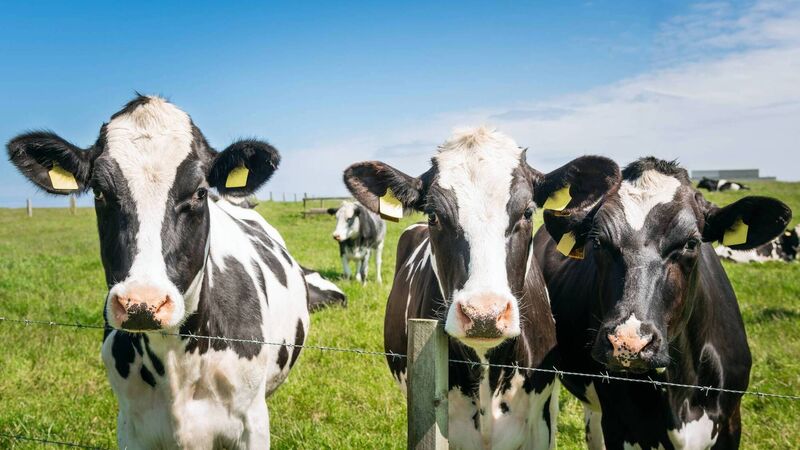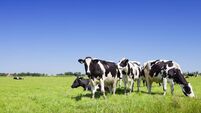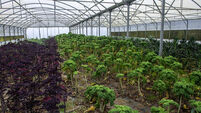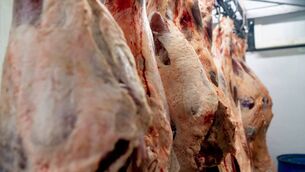Kieran Coughlan: New uncertainty in nitrates derogation demands strategic thinking

The renewal of the derogation is an EU decision over which farmers have little control.
As the dust settles from the revelation any potential extension of the nitrates derogation will require consideration of the Habitats Directive, there is a realisation among farmers that securing the derogation will, at best, be significantly more challenging than expected. The potential for areas or catchments to be excluded from derogation is also on the cards.
What does this mean for farmers both in derogation and more generally? Undoubtedly, a cohort of those operating at a high stocking rate will wish to secure the future of their business.














